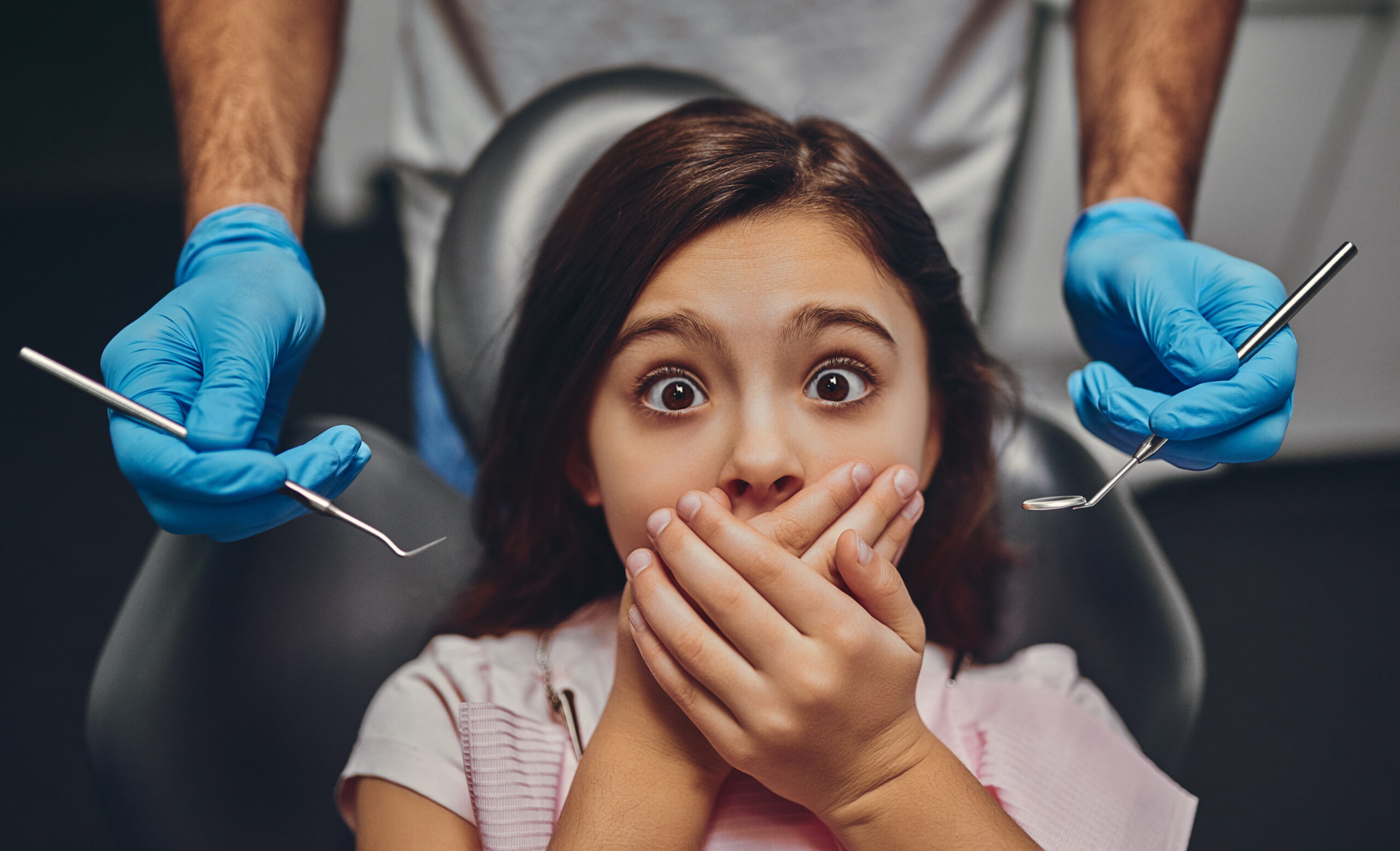
Dentist visits are super important. They keep little teeth healthy. Regular check-ups prevent problems. Yet, many children fear them. This fear is very common. It’s often due to the unknown. Or maybe a past bad experience. Understanding this fear helps. Parents can make a big difference. Preparing your child is key.
Is Your Child Afraid of the Dentist? What to Do
Is your child afraid of the dentist? What should you do? This common fear needs attention. It shouldn’t be ignored. Your response shapes their experience. Patience is truly important. Understanding their anxieties helps. Many strategies can work. Make it a positive adventure. Your child’s dental health matters. This guide offers practical steps.
Understanding the Roots of Fear
Fear often comes from uncertainty. New places can be scary. Unfamiliar faces cause worry. The sounds can be unsettling. Drills make strange noises. The smells are also unusual. Kids might fear pain too. A previous bad visit can scar. They hear stories from others. Parents’ anxiety can transfer. Identify the specific triggers. This helps address the core issue.
Start Early and Make It Fun
Begin dentist visits early. Their first visit should be simple. Just a quick check and count. Make it a fun experience. Read books about dentists. Play “dentist” at home. Use a toothbrush for toys. Practice opening wide. Show them pictures of friendly dentists. Positive associations are key. It makes it less daunting. Early exposure builds comfort.
Choosing the Right Pediatric Dentist
The right dentist is essential. Look for a pediatric dentist. They specialize in children. Their office is child-friendly. They use kid-sized tools. They have gentle approaches. They understand child psychology. Ask for recommendations from friends. Read online reviews carefully. Schedule a “meet and greet.” Let your child explore the office. This pre-visit helps immensely.
Positive Language and Preparation
Use positive language always. Avoid scary words like “pain.” Never say “it won’t hurt.” Instead, say “it will feel funny.” Explain what will happen. Use simple, honest terms. “They’ll count your teeth.” “They’ll tickle them clean.” Practice deep breaths together. This helps manage anxiety. Preparation reduces surprises. It builds trust with you.
The Power of Play and Pretend
Play-acting helps children cope. Pretend you are the dentist. Let them be the patient. You can be the patient too. Use a toy toothbrush. Count their teeth aloud. Look for sugar bugs. Make silly noises together. This familiarizes the process. It removes some of the mystery. Play reduces fear greatly. It builds positive memories.
Bringing a Comfort Item
Allow a comfort item. A favorite toy or blanket helps. It provides a sense of security. They can hold it tightly. It offers emotional support. This small gesture means much. It makes them feel safer. Familiar objects bring calm. It’s a bridge to brave new steps. Don’t underestimate its power. It’s a simple, effective tool.
Distraction Techniques During the Visit
Distraction works wonders. Ask the dentist about options. Some have TVs on the ceiling. Kids can watch cartoons. Storytelling can also engage them. Deep breathing exercises help. Focusing on something else. This shifts their attention. It minimizes perceived discomfort. Distraction is a powerful ally. It makes the time pass quicker.
Positive Reinforcement and Rewards
Praise their bravery loudly. Acknowledge their good behavior. Offer a small, non-food reward. A sticker or tiny toy is great. Celebrate their achievement fully. This positive reinforcement works. It builds good associations. They’ll remember the good feelings. It motivates future visits. Celebrate their courage openly. Make it a happy memory.
Avoiding Threats or Bribery
Never use threats or bribery. “If you don’t go, you’ll get a shot!” This increases fear more. “I’ll give you candy if you’re good.” This teaches poor habits. Focus on intrinsic motivation. Emphasize health benefits instead. Bribery creates false expectations. It doesn’t build true trust. Positive reinforcement is better. It fosters a healthy outlook.
Dealing with Past Traumatic Experiences
Address past trauma gently. Acknowledge their feelings validly. “I know that was scary.” Validate their past experiences. Talk about it openly. Reassure them this time is different. Explain the new, gentle dentist. Slowly rebuild their trust. It takes time and patience. Don’t rush the healing process. Professional help might be needed.
Parents’ Role in Managing Anxiety
Your anxiety can transfer. Stay calm and positive yourself. Children pick up on your mood. Model good dental habits. Talk positively about dentists. Avoid sharing your own fears. Be a reassuring presence always. Your confidence helps them too. Support them actively during visits. Your presence is comforting.
What if the Fear Persists?
If fear truly persists, seek help. A child psychologist can assist. They use play therapy techniques. They address underlying anxieties. Sedation options might be considered. For very fearful children. Discuss this with your dentist. Nitrous oxide can relax them. Oral sedatives are also options. Extreme fear needs special care. Prioritize their well-being.
